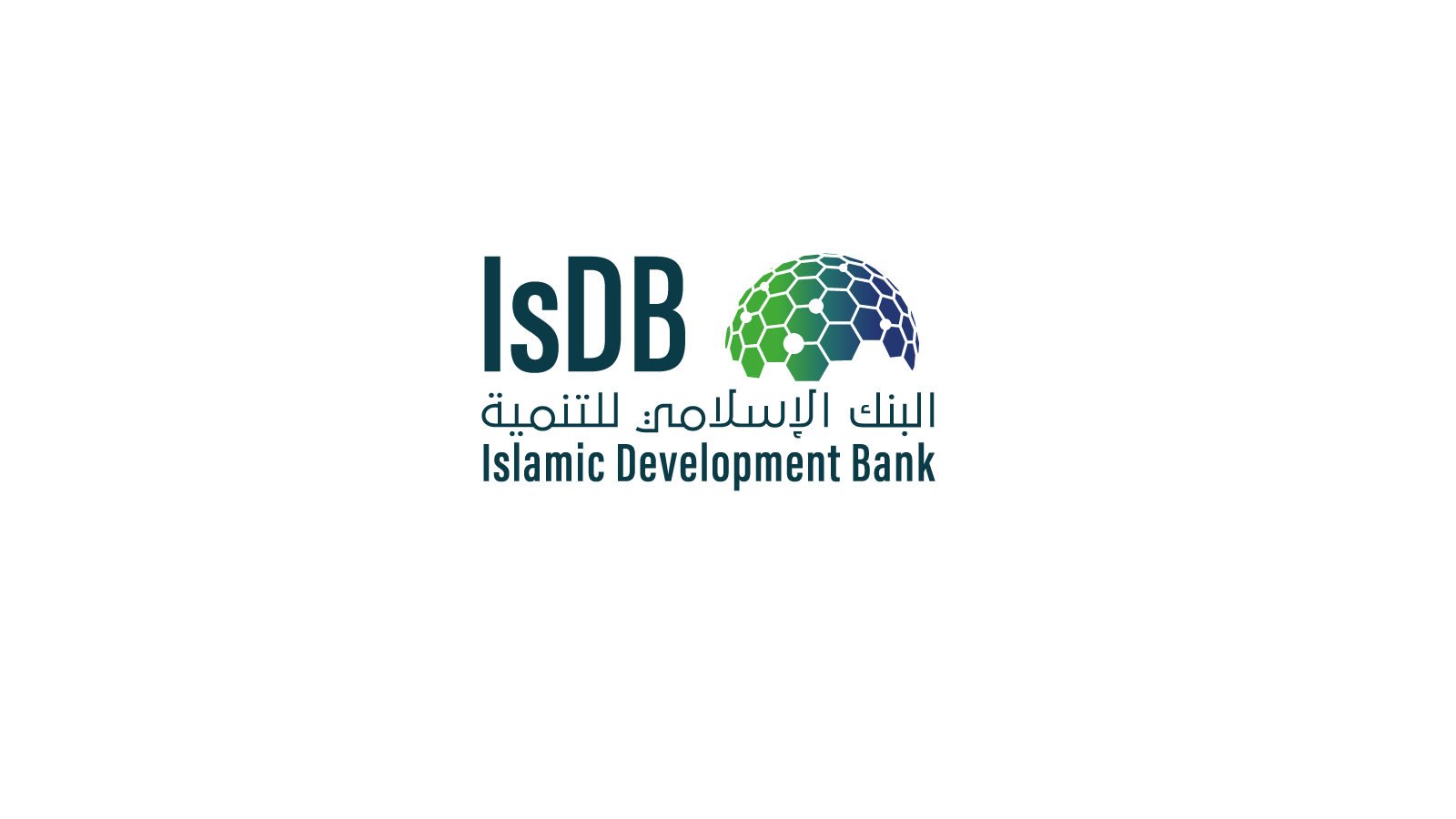
Riyadh Declaration charts the path forward as IsDB marks its Golden Jubilee
The IsDB Board of Governors marked the 50th anniversary of the Islamic Development Bank in 2024 by adopting the Riyadh Declaration. This historic declaration celebrates the IsDB’s legacy, reaffirms its ethos, and clarifies its vision for the future.
The IsDB Group – including the Islamic Development Bank Institute, Islamic Corporation for the Development of the Private Sector, Islamic Corporation for Insurance of Investment and Export Credit, International Islamic Trade Finance Corporation, and Islamic Solidarity Fund for Development – has a rich history of delivering diverse and value-added products and services to our 57 member countries, covering a fifth of the world’s population.
As the Riyadh Declaration makes clear, the IsDB is guided by “the fundamental principles of our Ummah and the national priorities of our countries, stemming from Islamic solidarity and international cooperation”. As a leading international development institution in Islamic finance, our role is unique.
We are a role model of South-South cooperation, in which wealthier member countries support their lower-income counterparts. We understand the importance of working in diverse sectors – from infrastructure to education, health and humanitarian relief, with many of our member states being especially vulnerable to climate change.
With operating assets of more than US$25 billion, subscribed capital of US$70 billion, and an AAA credit rating, the IsDB is a powerful player in promoting human development and empowering people to reach their potential.
As the world changes, however, the IsDB cannot rest on its achievements. The Riyadh Declaration comes in the midst of a strategic realignment prompted by “dramatic and unfavorable” developments in the context for progressing development across the Muslim world, from the aftermath of the pandemic to the conflict between Russia and Ukraine.
As H.E. Dr. Muhammad Al Jasser, the President of Islamic Development Bank, points out, “Inequality is widening by the day… The number of people who fell into extreme poverty following the devastating effect of COVID-19 is enough of a nightmare for every development practitioner.”
The Strategic Realignment Information Report sets out how the IsDB is flexibly and adaptably learning lessons, from the potential of digital technologies to the need for civil society and the public and private sectors to work together on addressing socio-economic vulnerabilities.
In the coming years, we will focus on three strategic objectives – boosting recovery, tackling poverty and building resilience, and driving green economic growth – based on two key pillars: green, resilient, and sustainable infrastructure, and inclusive human capital development.
While updating its strategy, the IsDB’s Information Report reaffirms the continued relevance of the IsDB’s vision: “To become a world-class development bank, inspired by Islamic principles, that helps to significantly transform the landscape of comprehensive human development in the Muslim world and to protect its dignity.”
As the Riyadh Declaration notes, the pursuit of this vision in preceding decades has led to accumulated achievements that can now be leveraged – from promoting economic cooperation to building capacities and embracing innovation.
Looking to the future, the Riyadh Declaration calls on IsDB leaders to increase concessional financing by balancing the growth of IsDB’s operations with its financial sustainability, and to pursue partnerships that can mobilize complementary resources from official donors and the private and third sectors.
The Declaration calls attention to the IsDB’s potential to consolidate its strategic positioning in both the Islamic financial sector and the South-South cooperation arena.
Realizing the promise outlined by the Declaration will require ongoing commitment to the four guiding principles set out in the Strategic Realignment: being responsive to the needs of member countries; empowering IsDB staff, alongside ensuring accountability; enhancing the results culture of the organization; and leveraging the synergy between the six entities that comprise the IsDB Group.
Despite recent challenges, the ethos of the IsDB remains as powerful as ever. As H.E. Dr. Muhammad Al Jasser, puts it: “No development challenge is insurmountable… we have a chance to change the story by pushing a global economic agenda that contributes to freeing the poor from the throes of poverty to bask in the glow of prosperity.”
